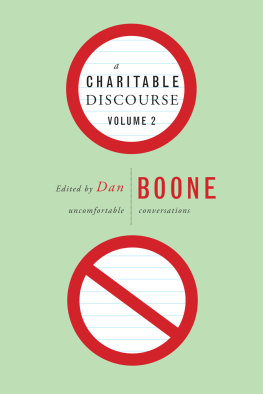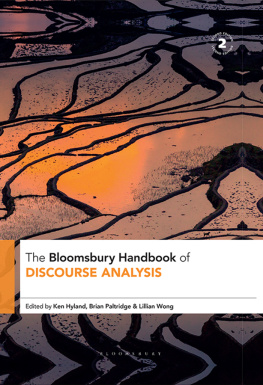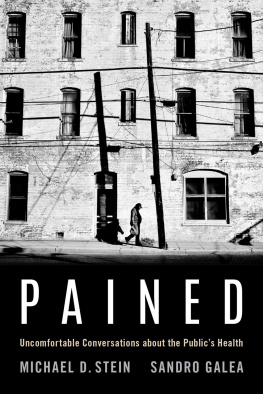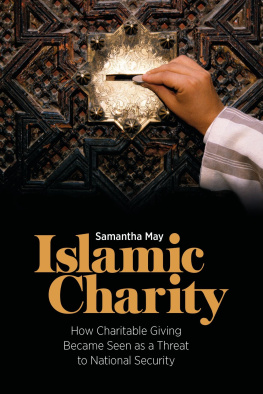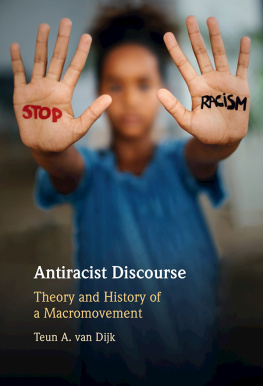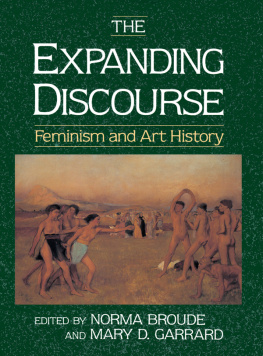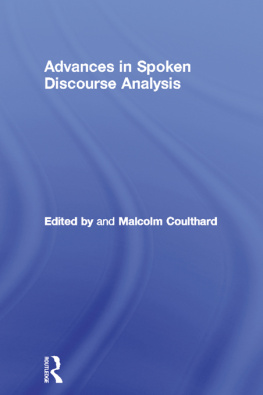Copyright 2016 by Dan Boone
Beacon Hill Press of Kansas City
PO Box 419527
Kansas City, MO 64141
beaconhillbooks.com
2016 eISBN 978-0-8341-3618-2
Printed in the
United States of America
All rights reserved. No part of this publication may be reproduced or transmitted in any form or by any meanselectronic, mechanical, or any otherexcept for brief quotations in printed reviews, without the prior written permission of the publisher. If you have received this publication from any source other than an online bookstore, youve received a pirated copy. Please contact us at the Nazarene Publishing House and notify us of the situation.
Cover Design: Arthur Cherry and J.R. Caines
Interior Design: Sharon Page
All Scripture quotations, unless indicated, are taken from The Holy Bible: New International Version (NIV). Copyright 1973, 1978, 1984, 2011 by Biblica, Inc.TM Used by permission of Zondervan. All rights reserved worldwide. www.zondervan.com.
From The Holy Bible, English Standard Version (esv), copyright 2001 by Crossway Bibles, a division of Good News Publishers. Used by permission. All rights reserved.
From The Message (MSG). Copyright by Eugene H. Peterson 1993, 1994, 1995, 1996, 2000, 2001, 2002. Used by permission of NavPress Publishing Group.
From the Holy Bible, New Living Translation (NLT), copyright 1996, 2004, 2015. Used by permission of Tyndale House Publishers, Inc., Wheaton, Illinois 60189. All rights reserved.
From the New Revised Standard Version (NRSV) of the Bible, copyright 1989 by the Division of Christian Education of the National Council of the Churches of Christ in the USA. Used by permission. All rights reserved.
The internet addresses, email addresses, and phone numbers in this book are accurate at the time of publication. They are provided as a resource. Beacon Hill Press of Kansas City does not endorse them or vouch for their content or permanence.
Library of Congress Cataloging-in-Publication Data
Boone, Dan, 1952
A charitable discourse, volume 2 : uncomfortable conversations / edited by Dan Boone.
. c.m.
Includes bibliographical references.
ISBN 978-0-8341-3617-5 (pbk.)
1. Theology, DoctrinalPopular works.. Christian lifeNazarene authors.. Title.
BT77.B66 2010
287.9'9dc22 2010045179
Dedicated to believers who dare to love
by having uncomfortable conversations.
You make me hope.
CONTENTS
Fools rush in where angels fear to tread.
About six years ago, I wrote A Charitable Discourse: Talking about the Things That Divide Us. This is a follow-up to the original. The world has changed. Some of the tension around the issues covered in the original book has lessened. A few are still hot potatoes. In this second volume, we will look at some different issues: war, immigration, consumerism, cultural shifts in dating rituals, cyber ethics, speaking the truth to power, how technology is forming us, and the now-questioned necessity of attending church as a practice of Christianity. Some of these subjects are divisive. The rest are simply neglected topics that need our attention. All seem to be conversations that make people feel uncomfortable.
If the work of ministry is to comfort the afflicted and afflict the comfortable, then this book is certainly aimed at the latter. The accumulated wisdom of humans leans heavily to the side of reflective silence on issues that make people squirm. Those who dive into the deep end of this pool risk their likability. When multiple opinions exist, there are sure to be sharks in the pool waiting for foolish divers who know no better than to jackknife into human discomfort.
So we stay quiet. About the unnecessary purchases we make in a world riddled with poverty. About the justification of war and the use of force. About the addictive world of technology and what the use of that technology is doing to us. About dating patterns and the relational consequences of undefined relationships. About leaders whom no one is willing to confront. About our responsibility for the words we launch into cyberspace. About the undocumented immigrants next door. About the blue state/red state divide that politicizes even geography. About whether church attendance is really necessary to the Christian faith.
We stay quiet because Christians are uncomfortable in these conversations. We hope no one brings them up. And the younger generation watching us stays quiet too. Sadly, they may never hear caring, thoughtful conversations on these topics. And when all they hear is opinionated posturing, how can they mature?
Can you imagine conversations like the following between believers?
Hey, Jim, how do you justify buying that Mercedes when we just fired our pastor of compassion due to a decline in giving?
Bill, those Hispanics who are roofing your houseare they legal?
Sue, I dont think your political tirade on Facebook was very Christlike. Do you?
Doreen, I hear you and John moved in together even though you arent married. Whats that about?
Rusty, youre addicted to that phone. I never see you without it. I want you to let me keep it for a day.
Were probably too nice to make people this uncomfortable. But could it be for lack of charitable confrontation that we are failing to love people who are being shaped by destructive choices? Our desire to keep everyone at ease, including ourselves, leaves us with a pale discipleship.
And we disagree about many of these issues. We dont want to threaten the unity of the church. After all, a bitterly divided world is a stark reminder of what hell may be like. I think the best description of hell comes from C. S. Lewiss image in The Great Divorce. He imagines hell as a flat, gray plain where people are forever moving away from one another. All the behaviors that find their final resting place in hell are those that separate humans.
Sometimes in the church, among the people of God, we perfect the art of hell. When we develop our camps, we move people from a larger, messy group into tighter groups of like-minded people. Hymn-loving singers here; new-song lovers over there. Liberals who like Obama and his health care plan over here; conservatives who hate the same over there. Southerners who prefer to see the rebel flag here; everybody else over there. Tithers here; cheapskates over there. Rainbow folk here; not-budging-on-marriage folk over there. Gun-carrying Christians here; pacifists over there.
Once we get people into their appropriate camps, we can start subdividing. Next come divisions based on personality quirks and preferences. And, before we know it, we find ourselves forever moving away from one another into smaller and smaller units of life. We champion leaving rather than choosing to do the hard work of staying, belonging, and loving. The only circle we belong to is the one that never makes us uncomfortable.
Im reading N. T. Wrights After You Believe: Why Christian Character Matters. He suggests that when the unity of the church is not what it ought to be, we distract ourselves from dealing directly with the lack of unity by focusing on things such as the organist who ran off with the church secretary, or the treasurer who pilfered some money. We post our opinions about them and relieve ourselves of a nagging reminder of the prayer of Jesus: that all of them may be one, Father, just as you are in me and I am in you (John 17:21a). These behaviors, of course, are not okay, but focusing on them (and gossiping about them) unites us and usually distracts us from addressing the larger issues that divide us.

